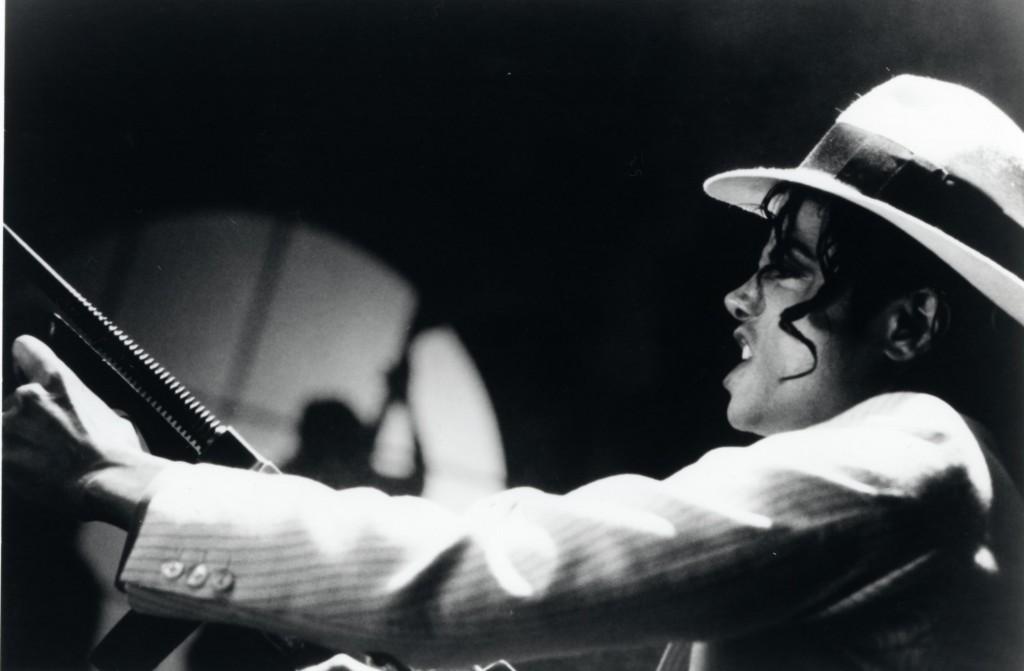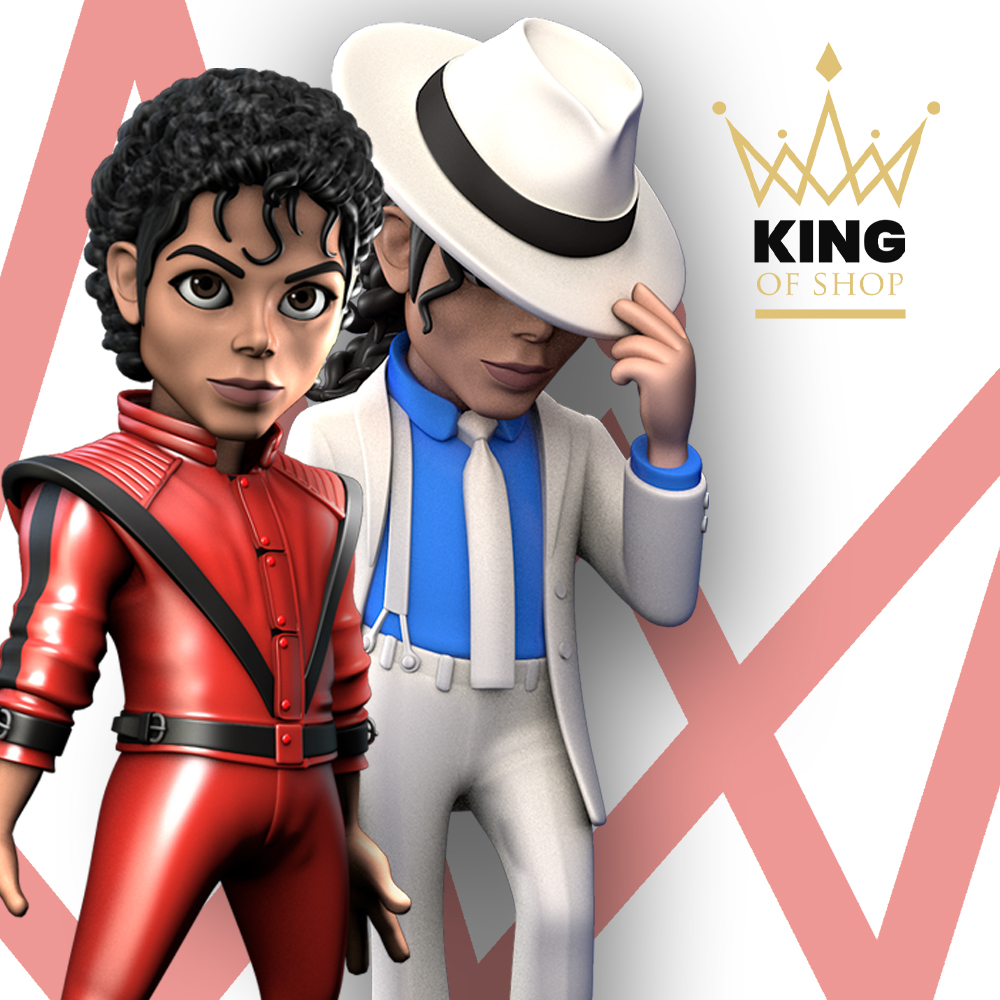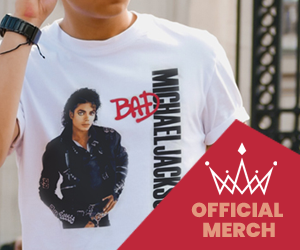The following is an excerpt from the new book Michael Jackson, Inc.
Once every few months during the mid-1980s, a handful of America’s savviest businessmen gathered to plot financial strategy for a billion-dollar entertainment conglomerate.
This informal investment committee included David Geffen, who’d launched multiple record labels and would go on to become one of Hollywood’s richest men after founding DreamWorks Studios; John Johnson, who started Ebony magazine and would become the first black man to appear in the Forbes 400 list of wealthiest Americans; John Branca, who has since handled finances for dozens of Rock and Roll Hall of Famers including the Beach Boys and the Rolling Stones; and Michael Jackson, the King of Pop and chairman of the board, inscrutable in his customary sunglasses.
Shares of the entertainment company in question were never traded on the New York Stock Exchange or the NASDAQ. Though few would even consider it to actually be a company, this multinational’s products have been consumed by billions of people over the past few decades. Had the organization been officially incorporated, it might have been called Michael Jackson, Inc.
In 1985, this conglomerate made its most substantial acquisition: ATV, the company that housed the prized music publishing catalogue of the Beatles. Included were copyrights to most of the band’s biggest hits, including “Yesterday,” “Come Together,” “Hey Jude,” and hundreds of others. The catalogue, later merged with Sony’s to form Sony/ATV, currently controls more than two million songs by artists ranging from Eminem to Taylor Swift, making it the world’s largest music publishing company.
At an investment committee meeting months before the deal was consummated, however, the acquisition was looking unlikely. Michael Jackson, Inc. was deep into negotiations with Australian billionaire Robert Holmes à Court, whose asking price for ATV had soared past $40 million—prompting disagreement among Jackson’s inner circle over how to proceed.
Not wanting to upset anyone, Jackson remained silent—as he often did in meetings—but he’d already made his decision. He scrawled a note on the back of a financial statement and passed it to Branca beneath the table.
“John please let’s not bargain,” it read. “I don’t want to lose the deal . . . IT’S MY CATALOGUE.”
A few months later, Jackson bought ATV for a price of $47.5 million. Today, Sony/ATV is worth about $2 billion; through Jackson’s estate, his heirs still own his half of the joint venture. That wouldn’t be the case were it not for the shrewd maneuvering and unwavering resolve of Jackson and his team. The incredible story begins more than a quarter century ago, in the United Kingdom, during an encounter between a famous knight and a soon-to-be king.
One night in 1981 at Paul McCartney’s home just outside of London, the former Beatle handed Michael Jackson a binder. Inside was a list of all the songs whose publishing rights were owned by McCartney. After letting much of his own songwriting catalogue slip away as a youngster, he’d been buying up copyrights for years.
“This is what I do. I bought the Buddy Holly catalogue, a Broadway catalogue,” McCartney told the young singer. “Here’s the computer printout of all the songs I own.” Jackson was fascinated. He wanted to start doing the same, and his entrepreneurial instincts quickly clicked into gear. “Paul and I had both learned the hard way about business and the importance of publishing and royalties and the dignity of songwriting,” Jackson wrote in his autobiography.
When he got back to California, he found himself with an enviable problem. He’d earned $9 million in 1980 and was sitting on a pile of money that needed to be invested. Inflation was rampant in the early 1980s, meaning that fallow cash would start to lose value quickly. In short, he needed to find some worthwhile places to park the reserves of Michael Jackson, Inc.
His accountants brought him a number of real estate deals, but he wasn’t excited enough to buy anything. He wanted to buy songs. So his attorney, John Branca (now co-executor of Jackson’s estate), started talking to people in the publishing business to find out what was for sale. One of his first conversations was with songwriter Ernie Maresca, who had two big rock songs available: “Runaround Sue” and “The Wanderer.” When Branca told Jackson, the singer didn’t recognize them. The lawyer gave his client a tape and told him to have a listen. A few days later, Jackson called back. “You gotta get those songs!” he said. “I danced to them all weekend.”
Thus began a buying binge for Branca and Jackson. They picked up a small catalogue that included “1-2-3,” a 1960s soft-rock love song by Len Barry; “Expressway to Your Heart,” a Gamble and Huff composition released by the Soul Survivors in 1967; and “Cowboys to Girls,” a 1968 hit by the Intruders composed by the same duo. If Jackson didn’t know a song, Branca would send him a recording; if the singer fell in love with it, he’d give the go-ahead to acquire it.
Longtime associate Karen Langford remembers sitting around with Jackson during this period and discussing which of the greatest songs of all time would be best to own (he often mentioned ones by the Beatles, Elvis, and Ray Charles, among others). Sometimes he’d quiz Langford, singing a snippet of a song and asking if she could give the title and performer. Even then, he had his eye on ownership at a scale few could have fathomed at his age.
“He wanted to be the number one publisher in the world,” she says. “And . . . it would come up in lots of different ways, but [his goal] was always number one, getting to that number one spot. Being the biggest, being the best.”
What the singer really wanted was Gordy’s Jobete catalogue, home to most of Motown’s greatest hits, including those of the Jackson 5. Gordy says Jackson offered him a “competitive” price for it at one point, but the Motown chief wasn’t ready to sell—and didn’t, until EMI paid him $132 million for half of the catalogue in 1997.
But watching Gordy manage his publishing interests had set something ablaze inside Jackson. “He got the bug,” says Gordy. “And that gave him the [urge] to want to do something even greater.”




